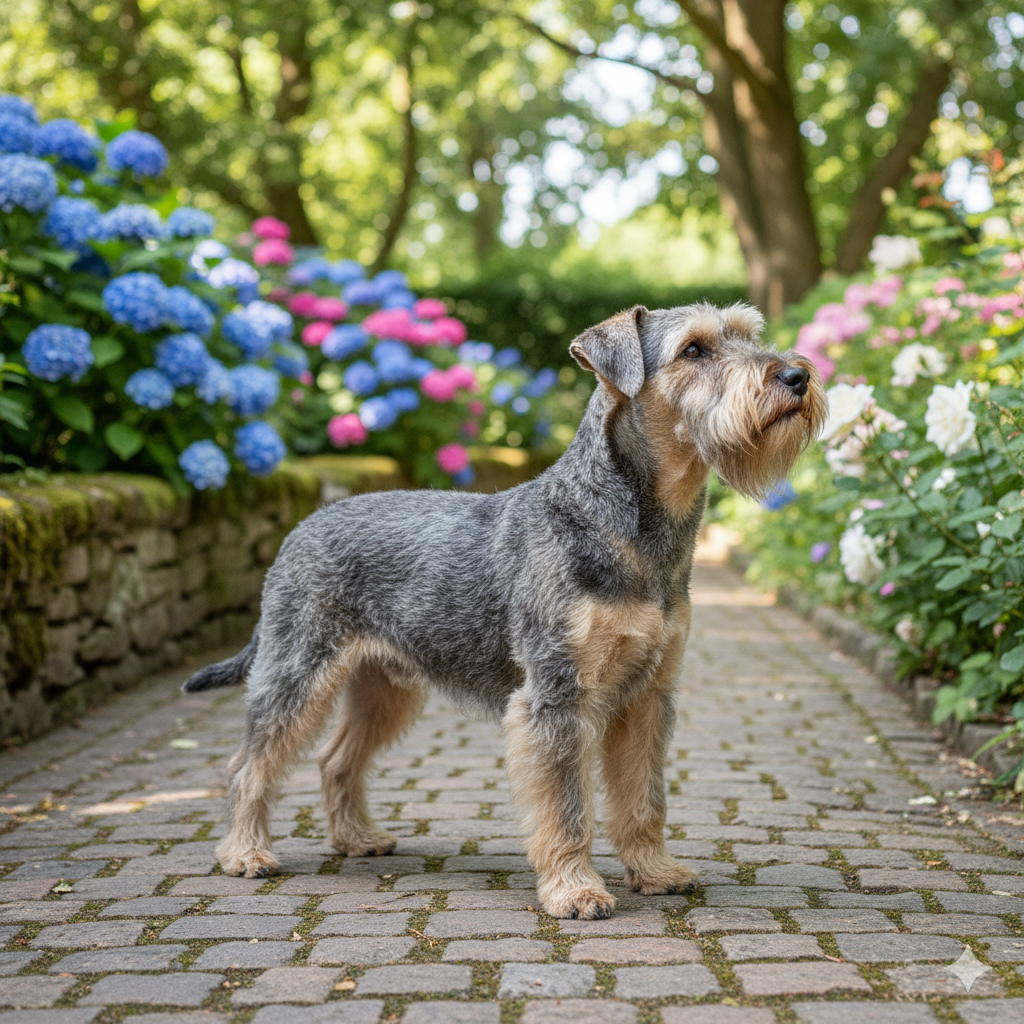Mastering Puppy Potty Training: Essential Tips for Every New Dog Owner
Bringing home a new puppy is an exciting adventure, but it also comes with the challenge of potty training. Successfully teaching your furry friend where and when to relieve themselves is crucial for a happy and harmonious household. This comprehensive guide by Petscarelab offers effective strategies and practical advice to help you navigate the potty training journey with confidence.
Understanding Your Puppy's Needs and Behavior
Before diving into training techniques, it's vital to grasp your puppy's natural instincts and physical signals. Puppies have tiny bladders and may need to go frequently, especially after eating, drinking, playing, or waking up from a nap. Observing your puppy's behavior closely will help you anticipate their needs and prevent accidents.
Recognize signs such as sniffing around, circling, or whining, which often indicate that your puppy needs to go outside. Consistency and patience are key as your puppy adjusts to their new environment and routine.
Proven Potty Training Techniques
To set your puppy up for success, consider these tested methods:
- Establish a Designated Potty Area: Choose a consistent spot outside where your puppy can relieve themselves. This helps them associate the area with bathroom breaks.
- Create a Regular Schedule: Take your puppy outside frequently—first thing in the morning, after meals, play sessions, and before bedtime.
- Use Positive Reinforcement: Reward your puppy with treats, praise, or affection immediately after they eliminate in the right place to reinforce good behavior.
- Supervise Indoors: Keep a close eye on your puppy inside to catch early signs of needing to go out and avoid accidents.
- Utilize Crate Training: When used appropriately, a crate can provide a safe space and discourage your puppy from soiling their sleeping area.
Handling Setbacks with Patience and Care
Accidents are an inevitable part of potty training, but handling them calmly ensures your puppy remains motivated. Never punish or scold, as this can cause fear and confusion.
Instead, clean accidents thoroughly with enzymatic cleaners to eliminate odors that might encourage repeat soiling in the same spot. Reflect on your schedule and training approach to identify adjustments needed, and always celebrate progress no matter how small.
Conclusion
Potty training your puppy is a process that requires dedication, consistency, and lots of love. By understanding your puppy's habits, applying proven training techniques, and approaching setbacks with kindness, you will pave the way for a well-trained, happy companion. Trust Petscarelab to support you every step of the way on your puppy parenting journey.







